-
About
- About Listly
- Community & Support
- Howto
- Chrome Extension
- Bookmarklet
- WordPress Plugin
- Listly Premium
- Privacy
- Terms
- DMCA Copyright
- © 2010-2025 Boomy Labs


 Jeffrey Boyle
Jeffrey Boyle
Listly by Jeffrey Boyle
Medical emergencies can happen at any time, often when least expected. Being aware of the most common medical emergencies and knowing how to respond can make a critical difference in saving lives. If you need professional First Aid Instructor you can visit Emcare Services.
Here are seven of the most prevalent medical emergencies that you should be familiar with:
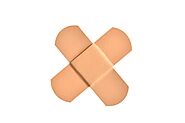
Cuts and wounds can cause bleeding, including internal bleeding, which you can't always see.
Not all bleeding needs emergency care; basic first aid at home can help, guided by a pharmacist or GP.
But seek emergency help if:
Too much blood loss can make you feel unwell, pale, dizzy, or faint. If this happens, get medical help right away.
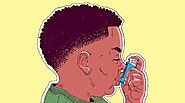
Breathing problems can stem from various causes like asthma, allergies, or infections.
Symptoms include:
Seek medical help by calling 111, 999, or taking them to A&E if safe.

If someone collapses, their consciousness or breathing might be affected, requiring medical attention.
Call 999 if they're unconscious and not breathing.
Put them in the recovery position if unconscious but breathing, while still calling 999.
Ensure safety before approaching a collapsed person; seek help if it's unsafe.
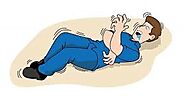
Seizures result from abnormal electrical activity in the brain and can vary in severity and duration. During a seizure, a person may experience convulsions, loss of consciousness, and involuntary movements.

Pain differs among individuals and can arise suddenly or gradually from illness or injury, impacting daily activities.
For severe pain from an injury, consult a GP or walk-in center; consider A&E for serious cases. Seek advice from 111, a pharmacist, or a GP for pain from illness, opting for A&E if severe.
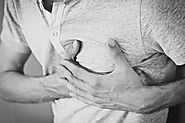
A heart attack occurs when blood flow to a part of the heart is blocked, usually by a blood clot. Symptoms include chest pain or discomfort, shortness of breath, nausea, and sweating. If you suspect someone is having a heart attack, call emergency services immediately. Administer CPR if the person is unresponsive and not breathing normally.
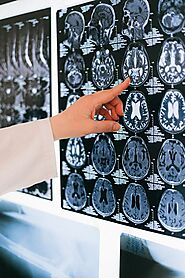
A stroke happens when blood flow to the brain is interrupted, leading to brain cell damage. Symptoms may include sudden numbness or weakness in the face, arm, or leg (especially on one side of the body), confusion, trouble speaking or understanding speech, and difficulty walking. Time is crucial in treating a stroke, so call for emergency help immediately if you suspect someone is experiencing these symptoms.
